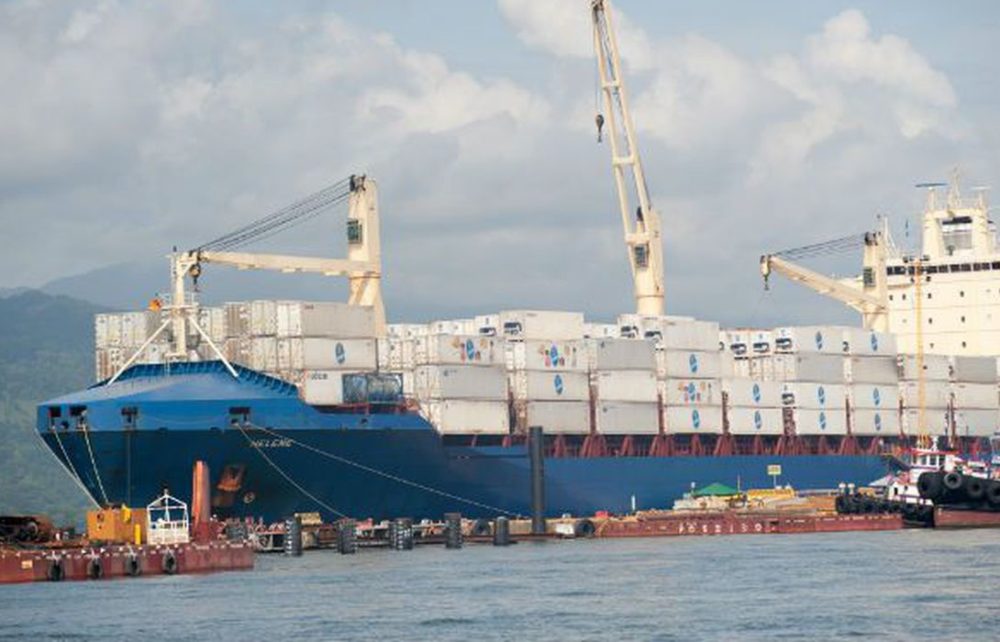A study by the National Confederation of Industry (CNI) shows that Brazil imported USD5 billion in subsidized Chinese products in 2019, 14.1% of Brazilian imports from China last year. The body is calling for more “compensatory measures” do protect the Brazilian industry, such as import tariffs based on the percentage of the subsidy granted in other countries.
China is the main source of Brazilian imports and, according to CNI’s Director of Industrial Development, Carlos Eduardo Abijaodi, it is also the main country to use industry subsidies in its advantage in international trade. Thus, 98.1% of the trade defense measures applied by Brazil against China are anti-dumping duties, while the main global economies also apply compensatory measures.
Australia, the study says, applies compensatory measures for around 24% of its total trade defense measures against China. In Canada, this rate is 38% and, in the United States, 32%.
The anti-dumping measures seek to neutralize in the national industry damages caused by products priced below the market through the application of specific rates. The compensatory measures, in turn, seek precisely to compensate the subsidy granted to production by foreign governments through the imposition of anti-subsidy barriers, such as tariffs based on the percentage of the subsidy granted in other countries.
In view of this situation, CNI defends that the Government of Brazil starts to apply compensatory measures for these Chinese products, by publishnig a new Decree on Subsidies and Compensatory Measures, under discussion by government agencies since 2013. “Our legislation to combat this type of subsidy is out of date. We need the government to modernize this front of Brazilian trade defense and follow the best practices of the major economies”, says Abijaodi, quoted by CNI.
In addition, the CNI requests that the Brazilian government support the joint declaration of the trilateral initiative of the United States, Japan and the European Union on industrial subsidies at the World Trade Organization (WTO). On March 20, the Fair Trade Working Group, secretariat organized by the CNI, sent a letter to the Minister of Foreign Affairs, Ernesto Araújo, requesting this support.
Among other provisions, the three members’ proposal consists of expanding the list of types of subsidies considered “prohibited” in the WTO Agreement on Subsidies and Countervailing Measures and reversing the burden of proof for subsidies that are extremely harmful.
“Brazil needs to not only curb these subsidies through compensatory measures, but also to join the United States, Japan and the European Union in this initiative. Now, especially with the crisis caused by the Covid-19 pandemic, we need to combat unfair practices that harm our industry, ”says Abijaodi.
In the study, CNI found 53 subsidy programs in China considered banned in five major areas, which benefit a total of 439 products made in that country. Of the total, 13 relate to tax benefits; 12 to measures of access to inputs; nine to export support subsidies; 12 direct access to resources by companies; and seven to preferential loans.
CNI selected the 10 programs with the greatest impact in Brazil and notified them in the Electronic System for Monitoring Exports Barriers (SEM Barreiras) for the government to take steps to combat them. SEM Barreiras is a dialogue channel between the private sector and the federal government to address external measures that hinder access to Brazilian exports to international markets.
In one of these programs, China provides electricity at lower prices than the market for some companies in the aluminum, tire and machinery sectors, for example. In 2019, Brazil imported USD 1.1 billion of these products with no compensation for these subsidies.
In another program, China granted some companies in the aluminum, tires, machinery and plastic sectors the right to use land at prices below the market or without financial compensation. The value imported by Brazil of products benefited by this initiative was USD 1.2 billion in 2019.
According to data released by the Brazilian Foreign Trade Secretariat for the first four months of the year , exports to Asia, especially to China, are the hotspot for South America´s largest economy, and sales to China grew 11.3% .




